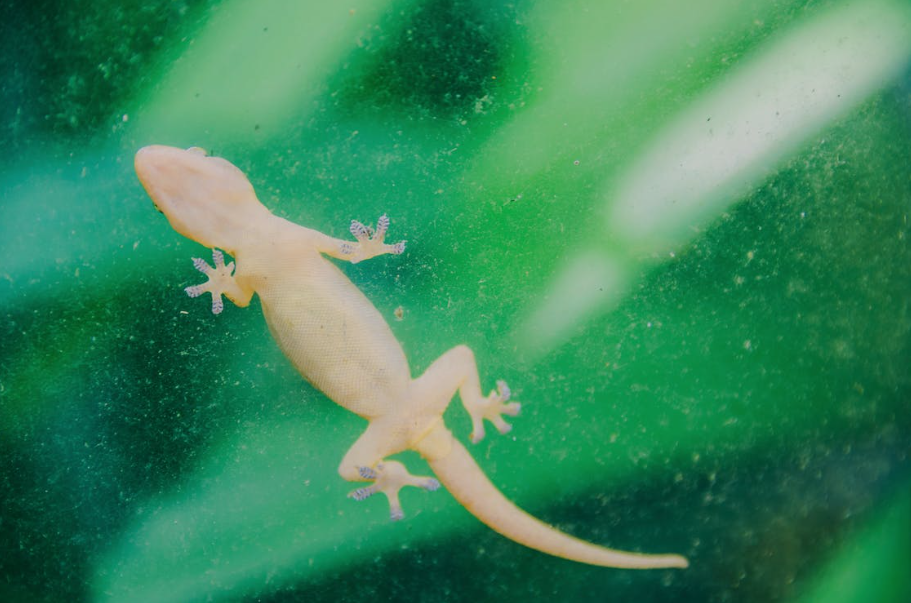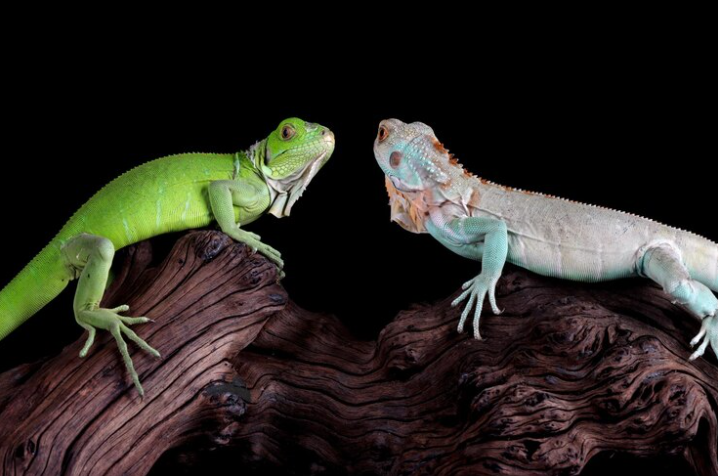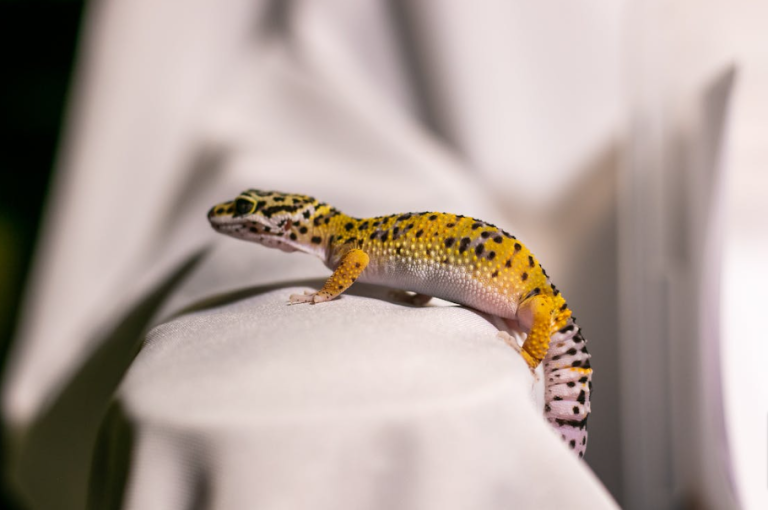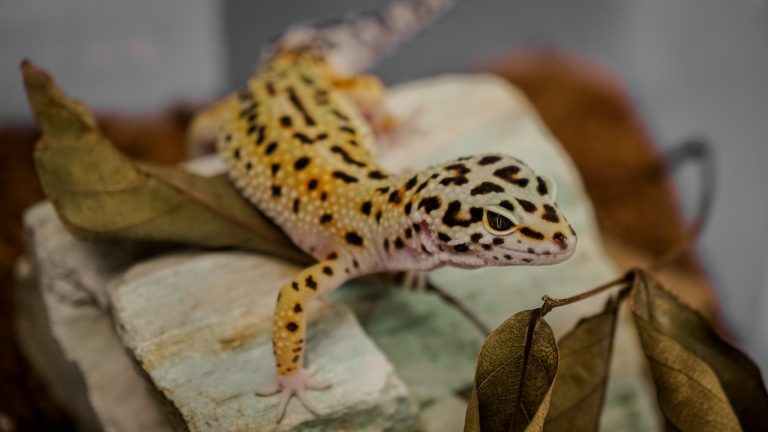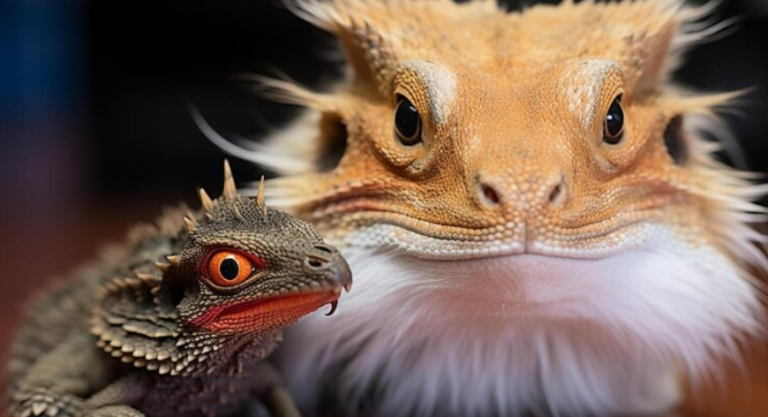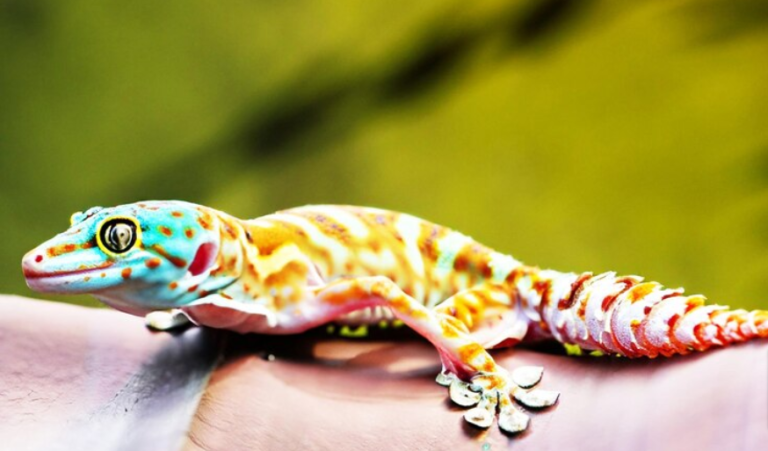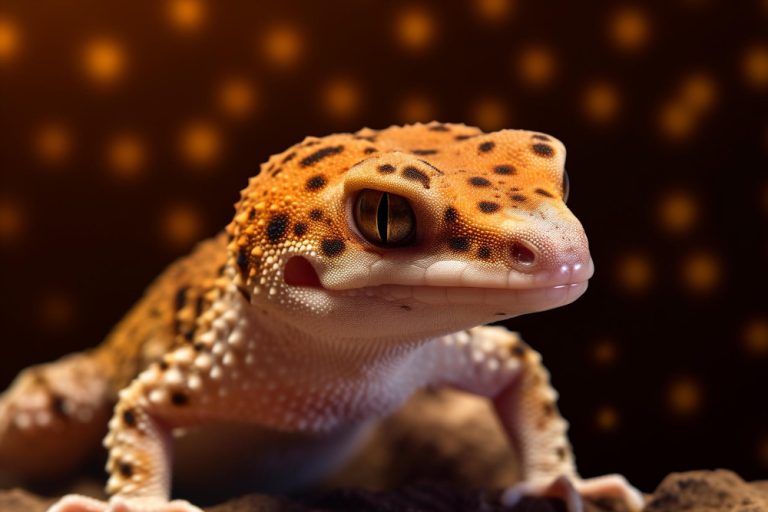Lizards, those scaly and often misunderstood creatures, have evolved remarkable abilities to adapt to their environments. One of the most intriguing questions about them is, “How long can a lizard live without food?” In this comprehensive article, we’ll delve deep into the world of these remarkable reptiles and explore their incredible survival strategies.
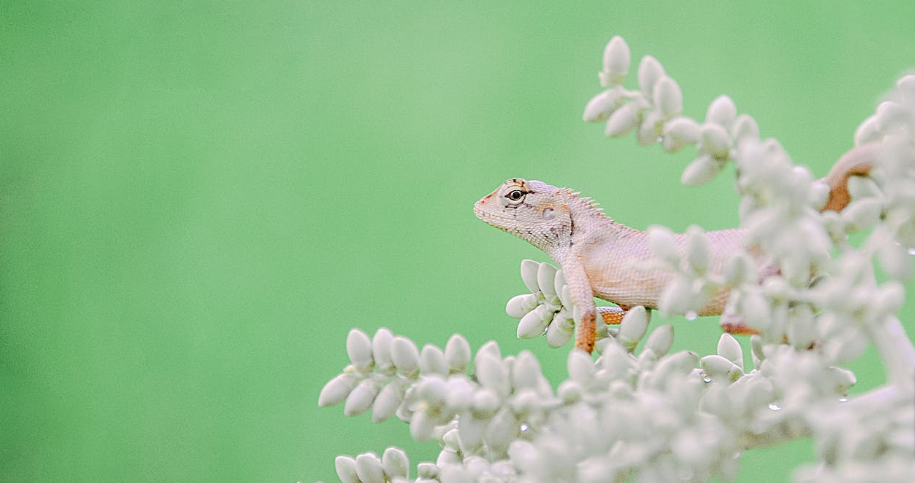
Lizard Survival Strategies
Lizards have developed various strategies to survive when food is scarce. Understanding these strategies can provide valuable insights into their resilience.
Hibernation as a Survival Mechanism
Lizards, depending on their species, can enter a state of hibernation or brumation to conserve energy during food shortages. This state allows them to survive for extended periods without nourishment.
The Importance of Hydration
While they can survive without food for a while, lizards must stay hydrated. Water is essential for their survival, and some species can absorb it through their skin or from dew, allowing them to endure longer periods without food.
Metabolic Rate Adjustment
Lizards possess the ability to lower their metabolic rate. This adaptation helps them conserve energy during times of food scarcity, further extending their survival.
Size Matters
The size of a lizard plays a crucial role in determining how long it can go without food. Smaller species generally have higher metabolic rates and may require more frequent meals.
Species Variability
Different lizard species have varying abilities to survive without food. Some can endure for weeks, while others may last several months.
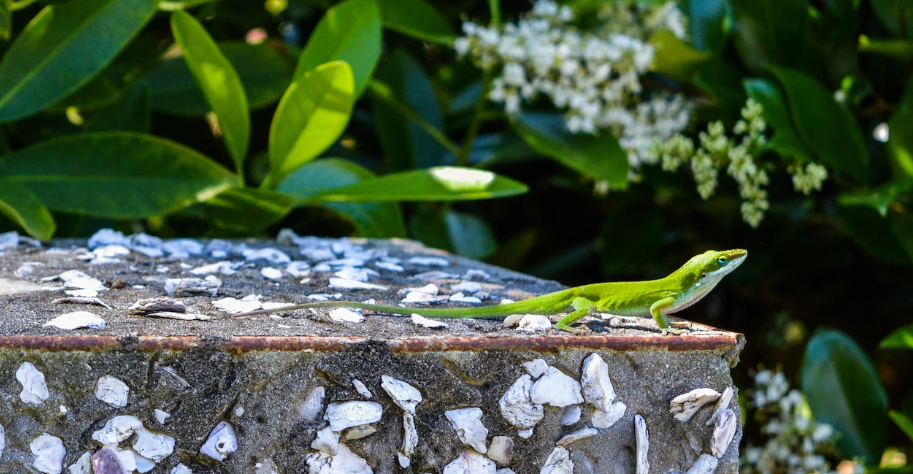
Factors Affecting Survival Duration
Several factors influence a lizard’s ability to survive without food. Let’s explore these in more detail.
Species-specific Adaptations
Each lizard species has unique adaptations that affect its ability to endure periods of starvation. Some species have evolved to survive in harsh desert conditions, while others thrive in lush tropical environments.
Environmental Conditions
The environment in which a lizard lives can greatly impact its survival without food. Harsh climates with extreme temperatures can shorten the duration of survival.
Age and Health
The age and overall health of a lizard also come into play. Younger, healthier lizards tend to fare better in food-scarce conditions.
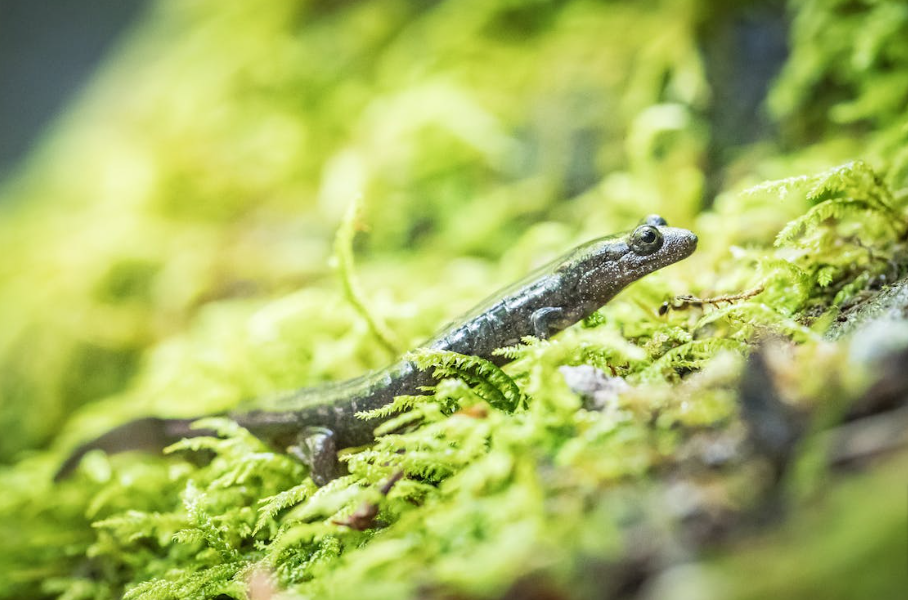
How Long Can a Lizard Live: FAQs
Q: Can all lizard species survive without food?
A: While many lizard species have evolved strategies for surviving without food, not all can endure extended periods of starvation.
Q: How do lizards find food after a long period without eating?
A: Lizards have keen senses that help them locate prey when they’re hungry. They rely on their vision, smell, and even vibrations in the ground to detect potential meals.
Q: What’s the longest recorded time a lizard has gone without food?
A: The record for the longest time a lizard has gone without food varies among species. Some reports suggest that certain desert-dwelling lizards have survived for up to six months without eating.
Q: Can pet lizards also go without food for extended periods?
A: Pet lizards, depending on their species, may have different requirements. It’s essential to provide proper care and nutrition for your pet lizard based on its specific needs.
Q: Do lizards lose weight when they go without food?
A: Yes, during periods of starvation, lizards will lose weight as their bodies use stored fat reserves for energy.
Q: Is it humane to keep pet lizards without adequate food?
A: No, it is not humane to deprive pet lizards of food. Responsible pet ownership involves meeting their dietary needs.
Conclusion
In the world of reptiles, lizards stand out as fascinating creatures with unique survival abilities. While they can go without food for varying durations, it’s essential to remember that they, like all living beings, deserve proper care and respect. Understanding their remarkable adaptations enriches our appreciation of these intriguing reptiles.
